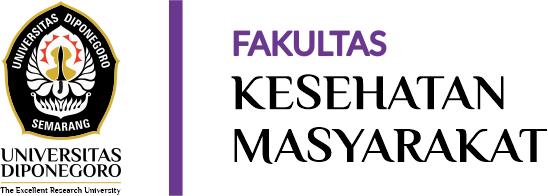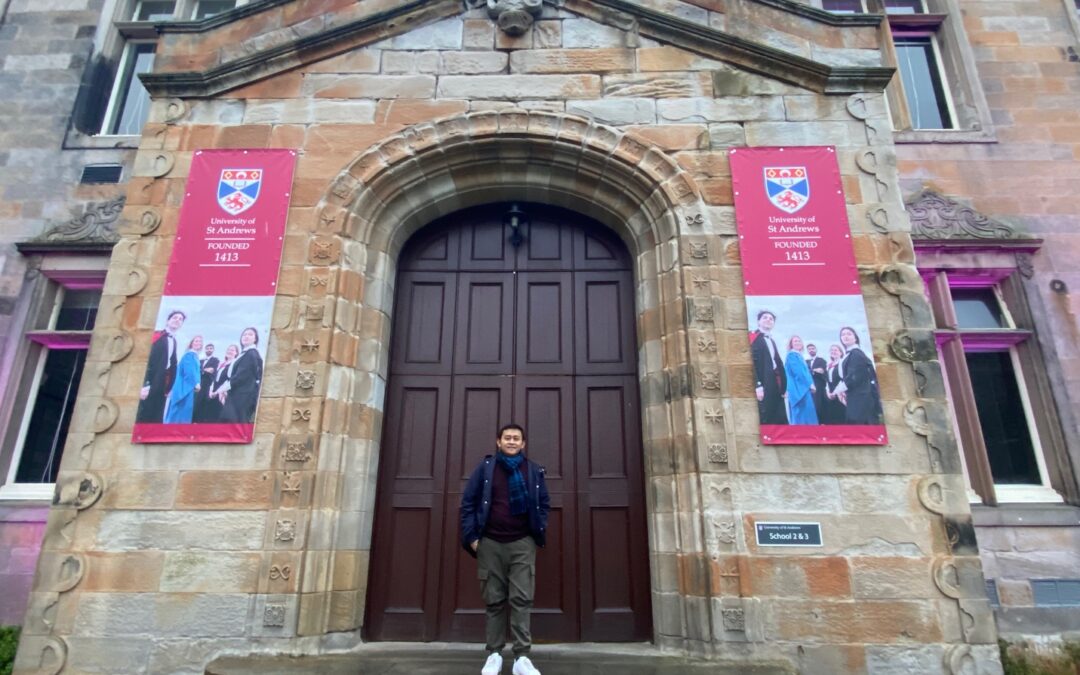Scotland – United Kingdom, December 2022. Along with the increasing intensity of contact between human populations, primates and mosquito vectors, zoonotic diseases have become a global health threat. Tropical environments such as Indonesia that support the movement of zoonotic disease pathogens such as viruses, bacterias and parasites that are transmitted through mosquito vectors are one of the things we should be aware of. In order to support the internationalization program of the Faculty of Public Health (FKM) UNDIP, Muh Fauzi BPH., (M.S)., PhD, the lecturer in the Department of Epidemiology and Tropical Diseases has received invitation from the School of Medicine University of St Andrews to take part in a research fellowship – the joint partnership project “pathogen exchange at the human wildlife interface“. The invitation program provided by the University of St Andrews is positively welcomed by FKM UNDIP to increase the knowledge of the faculty members (lectures) and also students within the FKM UNDIP. Initiation of collaborative programs with various world’s TOP 100 universities has been set up by FKM UNDIP. With this program, Muh Fauzi BPH., (M.S)., PhD has the opportunity to conduct research related to the whole-genome sequencing using the latest technology – Nanopore Sequencing Technology. This technology can be used for the diagnosis and surveillance of infectious diseases. Muh Fauzi BPH., (M.S)., PhD will lead the sequencing project while in the UK. It is hoped that from this activity the technology and knowledge gained will be developed within the FKM UNDIP. This activity will last for 2 months, from December 2022 to January 2023.

Muh Fauzi BPH., (M.S)., PhD, during a meeting with Dr Janet Cox-Singh (infectious and molecular disease expert), Dr Peter Thorpe (senior bioinformatician) and Dr Damilo Oresegun (bioinformatician).

